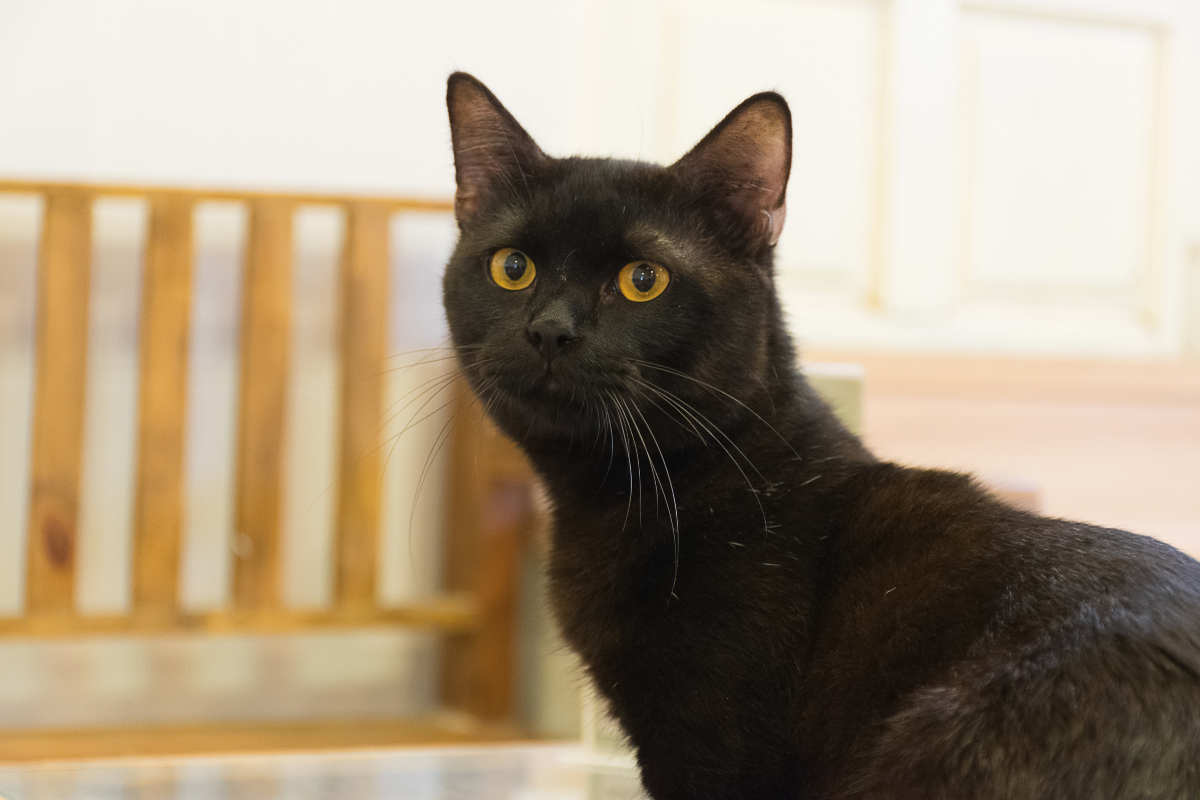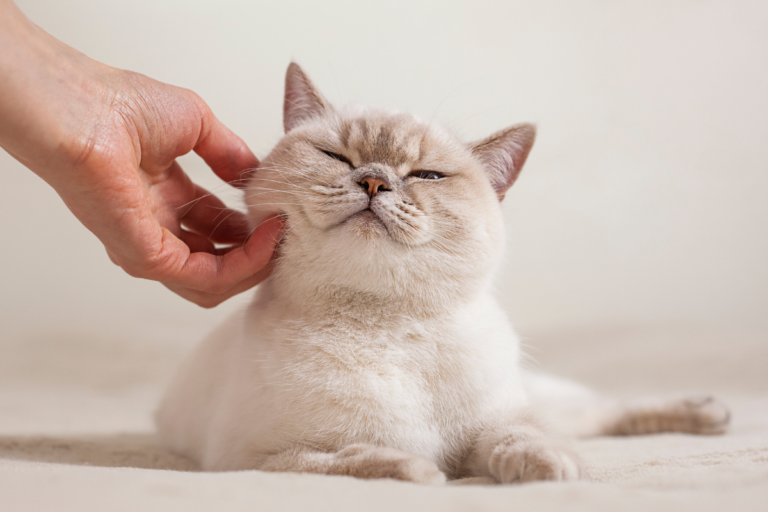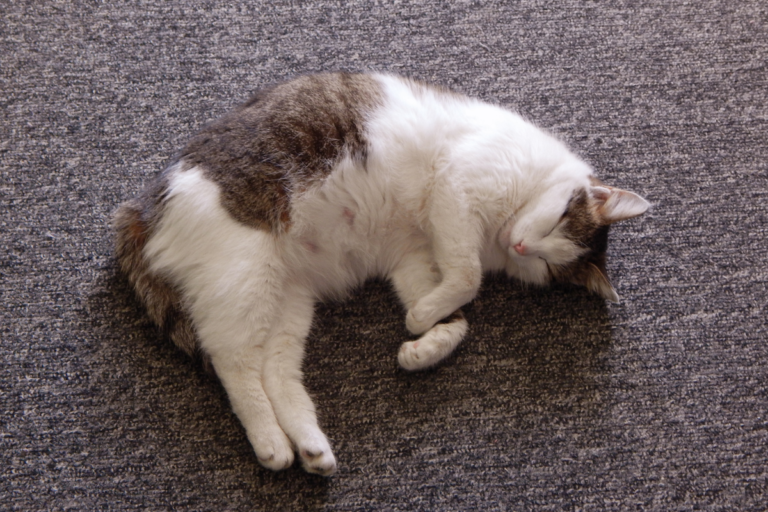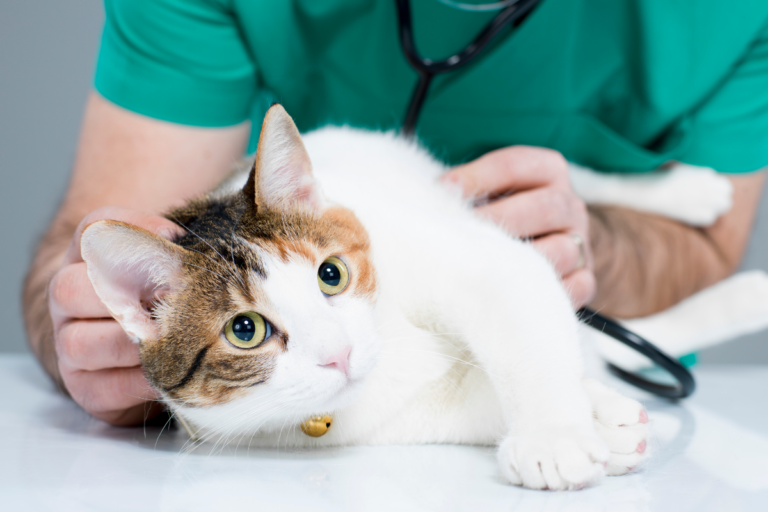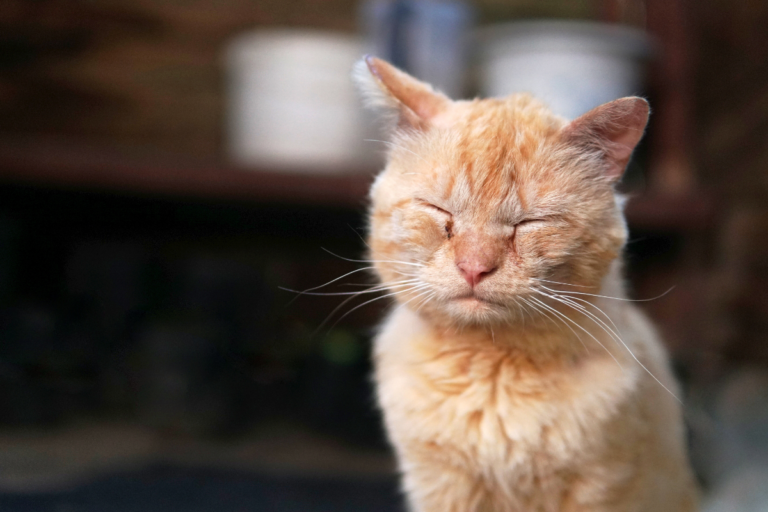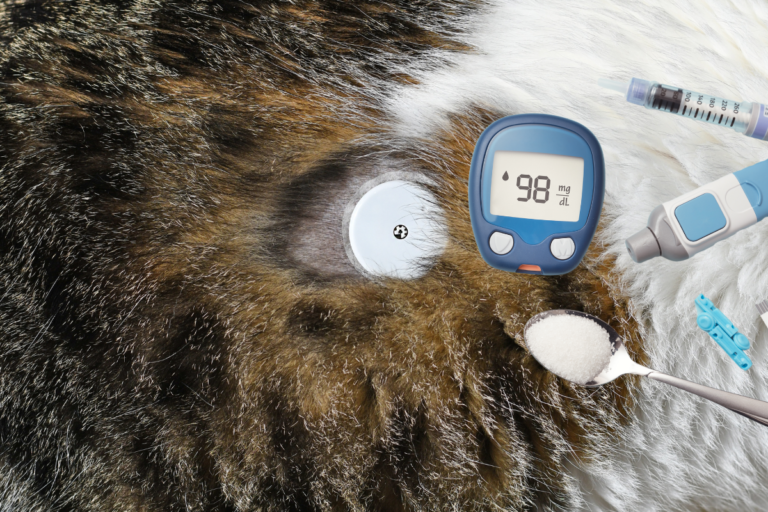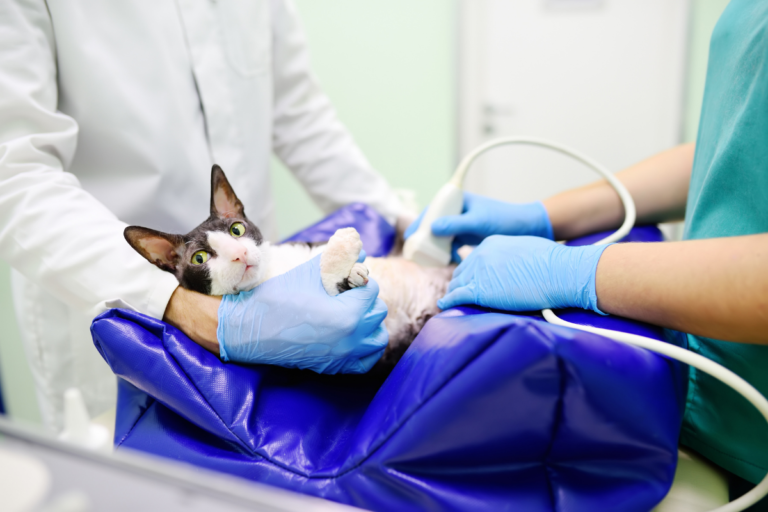Together We Can: Supporting Senior Cat Weight Loss Journey
Understanding Senior Cat Weight Loss
Signs of Weight Loss in Senior Cats
As cats age, generally after turning 7, we might notice physical or behavioral shifts. One alerting change is weight loss. Some signs to keep an eye on include:
- Dropping Pounds: Feeling a lighter kitty when you give them a cuddle.
- Bones Out and About: Ribs or spine feeling more like a hanger than a cushioned shelf.
- Baggy Tummy: A bit more of a loose pouch hanging around their middle.
- Appetite Drama: Munching less or suddenly going on an eating spree.
- Sluggish Moves: A noticeable dip in their daily prowling or climbing activities.
- Mood Swings: Your cat might seem more sleepy or acting off, potentially hinting at some health hiccup.
We gotta pay attention to these signals and maybe even get a vet’s thoughts to catch or manage any possible health bumps. For more on keeping kitty’s weight in check, check out our handy healthy cat weight guide.
Common Health Conditions Leading to Weight Loss
When older felines drop weight, it might be due to a bunch of health troubles. Here’s a peek at some usual culprits:
| Health Condition | What’s Going On | Signs You Might See |
|---|---|---|
| Dental Disease | Stuff like sore gums, plaque, and lost teeth. | Drooling, stinky breath, munchie troubles. More info on cat teeth. |
| Hyperthyroidism | Too much thyroid juice in the system. | Eating like crazy, acting hyper, shedding pounds fast. |
| Diabetes | Body’s not handling insulin right. | Guzzling water, peeing lots, learn more cat diabetic. |
| Cancer | Cells going rogue in the body. | Slow down, not eating, weird lumps. |
| Liver Disease | Liver not doing its filtering duties. | Barfing, runny tummy, yellowish eyes or skin. Check on cat liver problems symptoms. |
| Kidney Disease | Kidneys not flushing out the bad stuff well. | Drinking tons, hitting the litter box more, feline kidney disease symptoms. |
These conditions call for a vet’s expertise and a customized care plan. Regular vet visits can nip these issues in the bud. Looking for more on cat health woes? Head to our cat illness page.
Spotting these weight loss signs and knowing what might be causing them helps us help our older furry pals stay fit and joyful in their later years.
Managing Senior Cat Weight Loss
Helping our senior felines keep those pounds in check can seriously boost their years and their sass. With a quick trip to your vet and some menu tweaks, we ensure their meows stay strong and their purrs even louder.
Vet Visits: Don’t Skip ‘Em
Seeing the vet pronto is our first move for tackling senior cat weight loss. Shrinking waistlines in older kitties could be the result of a host of issues—think dental drama, kidney funks, hyperthyroidism, diabetes, or even the big C, cancer. Each of these needs its own playbook, and a doctor’s insight is like GPS to navigate these bumps in the road.
Fine-Tuning the Menu for Our Senior Purr Machines
Tinkering with their diet could be key for stopping the weight from dropping. Cats should shed the pounds, not the muscle, and definitely keep that liver happy. As per VCA Hospitals, losing 1% to 2% of their original heft each week hits the sweet spot.
| Weight Watching Tips | Breakdown |
|---|---|
| Ideal Slimming Speed | 1% to 2% of starting poundage weekly |
| For the Chubbier Furballs | Go even slower |
| Troubles to Dodge | Muscle woes, liver rattles |
A kitty buffet of antioxidants, fatty magic, and prebiotics could slow down the weight dive and help them stick around longer. These tweaks combat the usual tummy troubles our old friends face (dvm360).
For keeping your kitty lean and mean, it’s crucial to serve up grub that’s both deliciously nutrient-rich and suitable for their twilight years. Routine vet check-ins make sure their meals stay on point. Hop over to weight tips and health check reminders for more ways to help your seasoned snuggle buddy thrive.
Monitoring and Support for Senior Cats
Helping our senior cats navigate weight loss calls for keeping an eye on things and making their space feel like their own cozy kingdom.
Observing Weight Changes
Keeping tabs on our old pals’ weight and munchies helps us spot any hiccups early. Regular check-ins with a scale or just a peek at their body can show us if something sneaky, like a sudden drop in weight, might be going on under the surface. As the folks at Chino Valley Animal Hospital say, noticing eating pattern changes can lead to some quick fixes if something’s up.
Watch out for these red flags of rapid weight loss in our wise whiskered friends:
- Acting a bit off
- Their fur looking more “blah” than usual
- Seeming parched
It’s super important to be on the ball, especially as our feline seniors, 11 years and older, often deal with weight shifts not tied to the usual suspects. Their energy might spike while their digestion slows, throwing off their muscle and body scores. (dvm360, Royal Canin Vet Focus)
| Indicator | Notable Change |
|---|---|
| Weight | Fast or unexplained drop |
| Eating habits | Less pep in their chow time |
| Fur coat | Flat or scruffy look |
| Water intake | Looking like they need a drink |
For some nifty tips on keeping Fluffy at a healthy cat weight, hop over to our detailed guide.
Providing a Calm Environment
Making our older cats feel chilled out in their home is key. Older kitties can get stressed out and anxious more easily, which can mess with their health (RAWZ Natural Pet Food). That worry can tweak their ticker and breathing, so let’s keep their vibes cool.
Here’s how we can keep their space zen:
- Keep the noise down and limit chaos
- Give them a cozy nook to escape to
- Stick with routines – every day is meow-gical
Doing these can help chill the stress and bring peace, which is pawsome for their hearts and overall health. Plus, keeping tabs on their heart health and overall wellness helps them stay comfy.
When it comes down to it, keeping an eye on those weight changes and ensuring a serene setting for our senior meow machines can boost their happiness and health. Staying on the lookout and creating a safe vibe might just be the best gift we can offer. For extra tidbits, check out our reads on cat fleas symptoms and cat gum disease.
Health Considerations for Senior Cats
When it comes to our senior kitties losing weight, there’s a lot more on the line than just a dip on the scales. We’ve got to keep an eye on things like dehydration and unique dietary needs specific to older furballs.
Dehydration and Special Nutritional Needs
Some older cats could struggle with staying hydrated thanks to a thirst that just ain’t what it used to be. Pair that with the trouble of getting around or health issues, and you’ve got yourself a hydration pickle (Royal Canin Vet Focus). Chucking in some wet food can really help keep their water works in good order. Keeping hydrated is and why it’s mega important for their well-being.
| Things to Watch | Effects on Senior Cats |
|---|---|
| Lazy thirst | Not enough slurps, danger of drying out |
| Hard to get around | Water’s there, but getting to it’s a hassle |
| Health hiccups | Throws hydration off, ups complication stakes |
If your senior kitty’s losing weight without trying, a diet with more fat’s their friend. On the flip side, if your chunky cat’s a little too cuddly, they’ll need a cutback on the fats (Royal Canin Vet Focus). With around 61% of U.S. cats living large, nailing their diet plan’s a biggie.
For healthy golden years, a mix of antioxidants, fatty acids, and prebiotics can work wonders. These goodies cater to the typical tummy troubles older cats face and can help them stay svelte and extend their lifespan (dvm360).
Weight Loss Management Strategies
Tackling weight loss in seniors isn’t just about adjusting meal sizes—it’s about full-on lifestyle tweaking. Serving up tiny, nutrition-packed dishes throughout the day meets their energy needs better than one or two hefty meals (RAWZ Natural Pet Food).
The vibes in their space matter too. A seniors’ anxiety can skyrocket, tweaking their heartbeats and breathing (RAWZ Natural Pet Food). A chill atmosphere really helps curb this stress and lifts their overall mood.
If you want to dive deeper, peek at these topics: feline kidney disease symptoms, cats worms symptoms, and heart issues in cats.
By staying on top of their water works, mixing up mealtime routines, and setting a peaceful scene, we not only help control their weight but also boost the health and happiness of our senior cats’ golden years.
